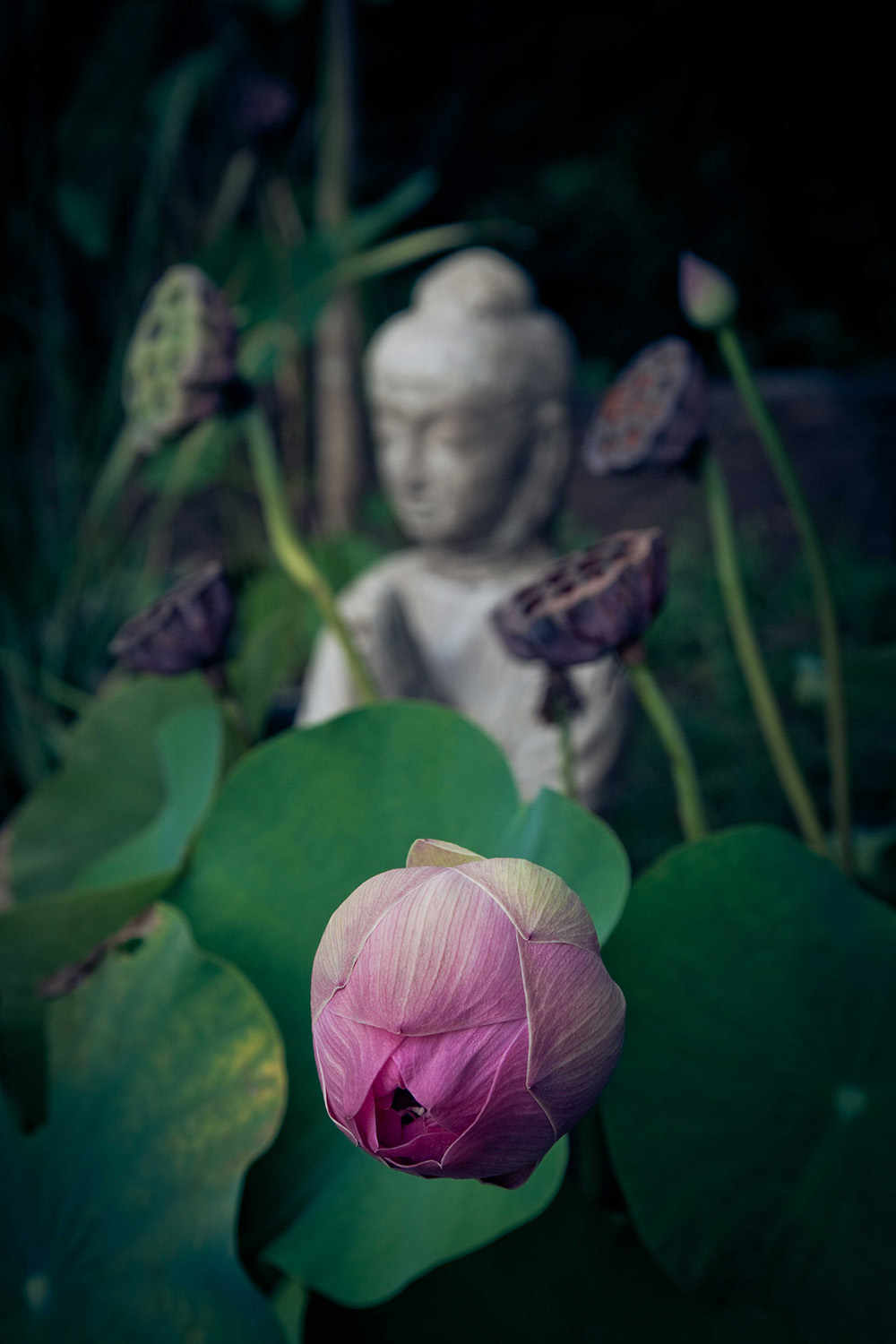Welcome to ASF Mindfulness Meditation.
Each Saturday morning, you will be learning and practicing Anapana meditation, or meditation on the breath, which is the first step on the path of Vipassana, or insight meditation. This first step can be in and of itself a deeply beneficial practice. It is not necessary to move beyond this step, or sit longer than 20 minutes a day to receive the many scientifically documented benefits of a regular mindfulness meditation practice.

Come Join Us
Every Saturday Morning via Zoom
Mindfullness Meditation classes are held at Aikido of South Florida, from 8:30am to 9:30am.
There is no cost to you... Nothing but your time, patience and desire to develop your inner peace and compassion.
Mindfulness meditation is simple, but not easy.
Be patient with and kind to yourself. Work at your own pace. If 5 minutes a day is all you can muster for now, then do 5 minutes a day. which is far more beneficial than 0 minutes a day. Don't let this become another chore on your "to-do" list. Your practice is a gift you give to yourself, and to all those with whom you interact.
Thich Nhat Hanh, a well-known mindfulness meditation teacher and Vietnamese Buddhist monk, has said that if one person in the family practices, the whole family benefits. I personally know this to be true. And this makes sense, doesn't it? If you are expanding your capacity for compassion, if you are finding peace within yourself, if you are less reactive, if you are more joyful, then you can't help but benefit the whole family (the whole community, the whole world).
But if it becomes a burden, then don't do it. This also makes sense. If it becomes drudgery, if you have to force yourself to sit and practice day after day, if you feel resentment for having one more thing to feel guilty about not doing, then it benefits no one; not you, and not anyone else.
May you be happy, peaceful, and liberated.
Benefits of Mindfull Meditation
- Reduced rumination
- Stress reduction
- Boosts to working memory
- Improved Focus
- Less emotional reactivity
- More cognitive flexibility
- Increased Relationship satisfaction
- Numerous health benefits, including increased immune functioning, improvement to well-being, and reduction in psychological distress
- Increased information processing speed
- Improved task efficiency
- Other benefits: Mindfulness has been shown to enhance self-insight, morality, intuition, and fear modulation.

Mindfulness Meditation Practice Quick Reference
- Keep your spine and neck aligned, torso erect, but not rigid. Sit in a manner that embodies dignity. If possible, sit without leaning on a back support. If you use a chair, place both feet flat on the floor. Wear loose, comfortable clothing and remove all items from your pockets. Place your hands in your lap, palms up, right resting in left (any position that allows your shoulders and arms to rest effortlessly is fine).
- Keep your eyes gently closed (reduces visual distractions, which can be very powerful). A half smile, the tip of the tongue resting where the upper palate and the upper teeth meet is the most relaxed position for the facial muscles.
- Focus your attention on the sensations of normal breathing as air passes in and out of the triangular area that includes your nostrils and nasal passages. If you are having trouble feeling any sensations, it is OK to take one or two deeper breaths, and then return to normal breathing.
- Nothing in particular is supposed to happen. There is no special state of mind you’re supposed to achieve. You are simply observing what is actually happening as it is happening, the actual sensations of normal breathing, without resisting the unpleasant, or grasping for the pleasant (equanimous mind). Simply witness in the present moment the actual sensations you experience.
- When you become aware (in the present moment) that you have wandered off in thought, simply notice where your mind went and bring your attention back (kindly, but with firm attention, and without judgment) to the sensations of normal breathing.
- Don't get involved. Simply observe.
- If you become distracted by another sensation, such as itching, mild discomfort, sounds, etc., keep your alert attention on the sensations of breathing, letting the other sensations fade to the background.
- If a distracting sensation becomes particularly intense, it is OK to temporarily leave your breath and observe the distracting sensation (with alert attention). Try to observe it without judgment, without labeling it. Simply observe the nature of the sensation. Try to observe what happens without reacting, without intervention (without repositioning, without scratching). After one or two minutes, return your attention to the sensations of normal breathing.
- Regular practice is the key. Studies have shown that mindfulness meditation can be as rejuvenating as sleep. I often find the time to meditate by cutting it out of sleep. Remember that it's important to decide before sitting how long you will sit.
- If possible for your regular practice, choose the same time of day and the same location.
Loving Kindness Meditation
I include a loving kindness meditation at the end of most of my sitting meditations. This is something you can also do whenever you find a short break in your day. I usually take about 30 seconds to unfold my legs and stretch a bit to work out any kinks and discomfort that has built up during my sitting. I then re-establish my posture. close my eyes, and practice loving kindness meditation for approximately 5 to 10 minutes.
It's important to gauge your capacity to engage in a loving kindness meditation before you decide to do it, as it's important to fully engage in the intention to spread feelings of loving kindness within yourself and toward others.
That's why I end most, but not all of my meditations this way. Some days, I'm just not feeling it.
So, here are two scripts I have used, and there are many other variations you can find that may better resonate with you. Simply recite the phrases silently to yourself as you exhale, with the intention of cultivating and spreading compassion.
Script 1
With this meditation, you start in the first paragraph with yourself, then expand your wishes with the second paragraph to those for whom you feel the most love, then to those you feel neutral toward, then to those with whom you have the most difficulty, and finally with the last paragraph, to all beings.
- May I be filled with loving kindness
- May I be safe from inner and outer danger
- May I be well in body and mind
- May I be at ease and truly happy
- May you be filled with loving kindness
- May you be safe from inner and outer danger
- May you be well in body and mind
- May you be at ease and truly happy
- May all beings be filled with loving kindness.
- May all beings be safe from inner and outer danger.
- May all beings be well in body and mind.
- May all beings be at ease and truly happy.
Script 2
With this script, you cultivate compassion within yourself and spread compassion to all beings. It is not specific to individuals in your life.
- May I be free...
- Free from anger...
- Hatred...
- Ill will...
- Animosity
- May I develop love and good will
- Peace and harmony
- Love and good will
- Peace and harmony
- May all beings share my peace
- Share my harmony
- Share my merits
- Share my dhamma, dhamma, dhamma (dhamma is a Pali word, which in this case means understanding the true nature of things, which in Buddhist theory, prevents the practitioner from falling into states of misery)
- May I generate love
- Pure love
- Compassionate love
- Infinite love
- May all beings be happy
- Be peaceful
- Be liberated, liberated, liberated
Take a few minutes to meditate
